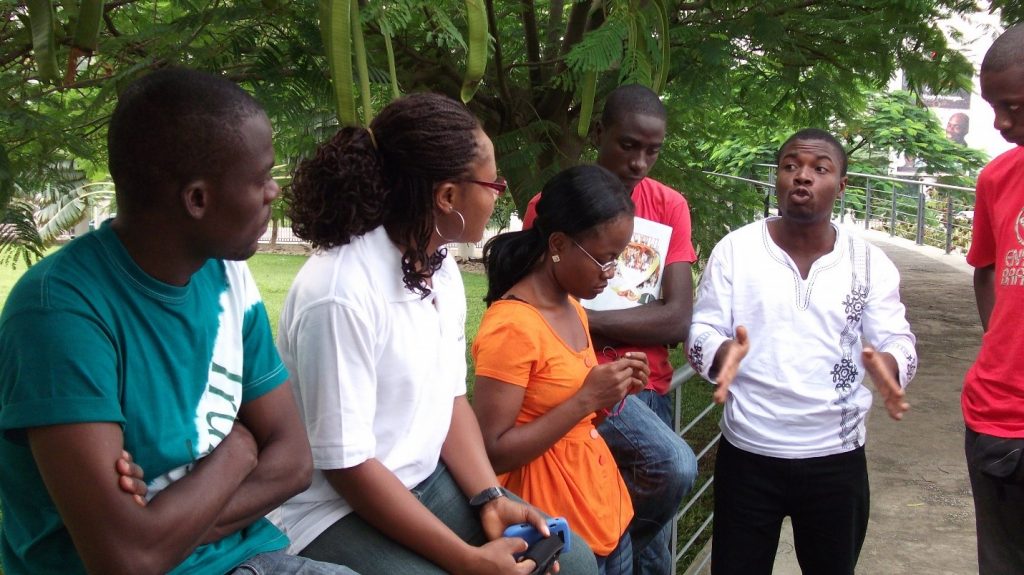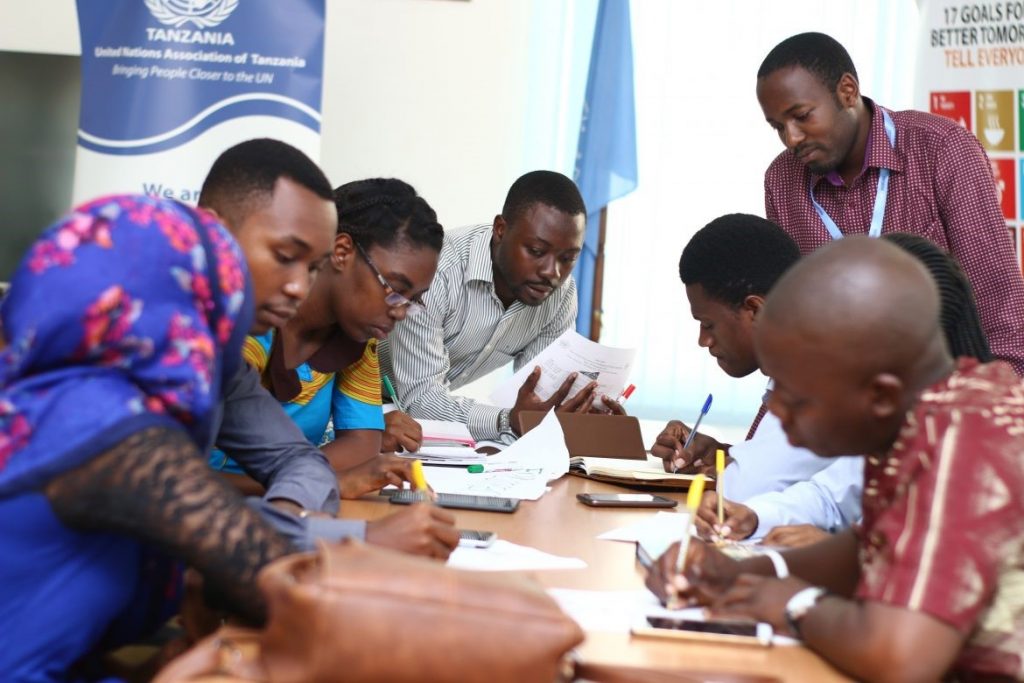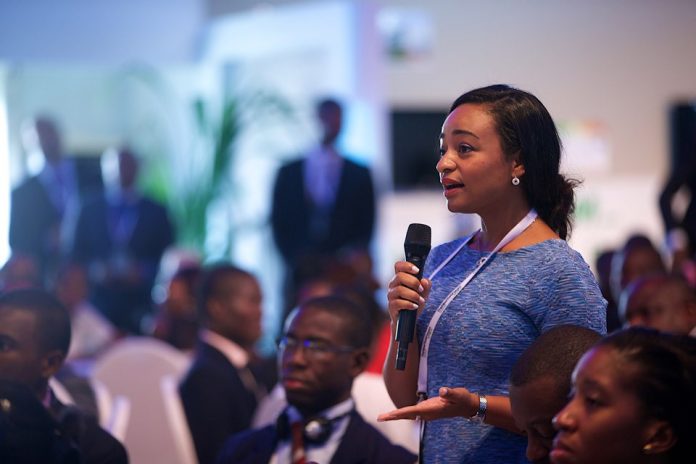The world is home to the 1.8 billion youths of age between 10-24 years with 90% of them living in the developing countries. The number is expected to increase come 2030, with 1.9 billion young people expected to hit 15 years of age. Young people are change makers, communicators, critical thinkers, innovators and global leaders. The youth are not just beneficiaries of the sustainable development Goals but also crucial enablers in achieving these goals.
Engaging with the youth is no longer an option, the millennials are a growing constituency. Young people are already advocating and contributing to resilience of their communities, through green innovations, driving social progress and inspiring political change. Both young men and women possess enormous ability to make change not only for themselves, but also for their societies and the rest of the world. Building on youth potential to achieving a healthy planet.
It stands out that engaging, energizing and empowering the youth will make them integral part of solutions to the global challenges The set out development goals acknowledges the youth, address issues of concern to the youth, and encourages their engagement.

In Africa young people constitute more than 50% of the continent’s population. Despite their large numbers youths have been marginalized in decision making tables. Although their issues are of main concern in community and organizations, adults take the forefront with little or no input from the youth, due to lack of experience, demographic restrictions in terms of age and gender and lack of economic means. The Youth, for instance, constitute less than 2% of the parliamentarians aged between 15-24 years with only 12% of those aged 30 years and below.
Africa’s large population nevertheless, presents a multiplex problem that calls for strategic investments in education, health, energy skills, economic reforms and good governance. To address Africa’s development challenges satisfactorily, youth need to be fully engaged in policy formulation and implementation.
Capacity Building
Adults have continually zoned the youths, as a group lacking commitment, capacity and the right temperament to participate in adult decision making processes. Cultural factors have likewise excluded them from decision making, where women and children in the African cultures are barred from discussions that affect both family and community.

How to get them involved in decision making.
Governments need to create an enabling environment to institutionalize youth participation at regional and national levels. Develop youth policies and engage in service delivery.
Some Africa countries are already rising to the call, through the Young African Leaders Initiative, (YALI). An initiative set to equip the next generation of skilled young Africa leaders, with the objective of proactively engaging, developing and supporting young leaders, by exposing them to leadership tools, models and diversity.
Changing mindset
The clock is clicking and it’s the opportune time, that adults view the youths as assets to the nations and not as adversaries, empower them through formal education, how to understand the economy and influence its policy, offer them civic education to understand their role in society, develop effective strategy to communicate their sentiments, and mobilize them to participate in politics. The young generation should not be prepared for the future; they have a role to play in making decisions in the present time which ultimately affect the future of the continent.
Achieving the 2030 agenda relies not only on setting goals, but also on a responsive approach to the voice and needs of youth. By equipping young people with skills, knowledge and confidence in their abilities, there is a real chance that global leaders can harness the potential of young people to reach the SDGs. Together we can work towards creating a generation of empowered youth and support long-term sustainable development.



